Illinois was one of the relatively few places that a Democratic tsunami truly played out. The statewide constitutional offices, including governor, attorney general and comptroller, were all double-digit wins by the Democrats. Jay Pritzker (D) soundly beat incumbent Governor Bruce Rauner (R), Kwame Raoul (D) did the same in the attorney general race, succeeding the office left by Lisa Madigan (D), and Comptroller incumbent Susana Mendoza (D) easily held off her Republican challenger.
In addition, the Democrats in both the Illinois House and Senate chambers increased their seats, either nearing or exceeding super majorities.
The immediate impact of solar policy, programs and markets of these electoral victories is not clear, but should at the very least not slow down the momentum brought about by the Future Energy Jobs Act (FEJA). It was under Governor Rauner’s administration that the Future Energy Jobs Act (FEJA) was enacted in December 2016, which has revamped Illinois’ solar policy and incentives to become a major market. While FEJA was passed by considerable margins in the Illinois legislature, it should be noted that votes in favor and against crossed party and regional lines.
The impact of the incoming Illinois administration on the solar market may be more on the margins. Energy policy was not a top issue in the Illinois races, but clean energy and environmental groups heavily supported the Democrats in nearly every case. Going forward into 2019 and beyond, the challenge will be how fast Illinois’ solar market grows into the annual gigawatt installation capacity that FEJA promises.
Governor-elect Pritzker will appoint new members to the Illinois Commerce Commission, which has impact on the regulatory policies and practices on solar net metering and related factors. Related issues will be the support, or lack thereof, of coal power plants in the central and southern part of the state.
Other statewide offices in Illinois also impact the solar market. The new attorney general will be responsible for legal and regulatory issues in solar power, particularly in markets and consumer protection. The relatively obscure office of comptroller also impacts the Illinois solar market as the incumbent and re-elected Susana Mendoza made a priority that the Renewable Energy Resource Fund.
This critical revenue source outside of FEJA that still allowed for “borrowing” the funds for general revenue purposes, as opposed to outright sweeping, but will be replenished to support solar projects, especially under the low-moderate income Illinois Solar For All Program.
It remains to be seen how a more Democratic legislature will pursue Governor-elect Pritzker’s goal of 100% renewable electricity by 2050, which includes doubling the state’s present 25% by 2025 Renewable Portfolio Standard to 50% by 2025.
This content is protected by copyright and may not be reused. If you want to cooperate with us and would like to reuse some of our content, please contact: editors@pv-magazine.com.

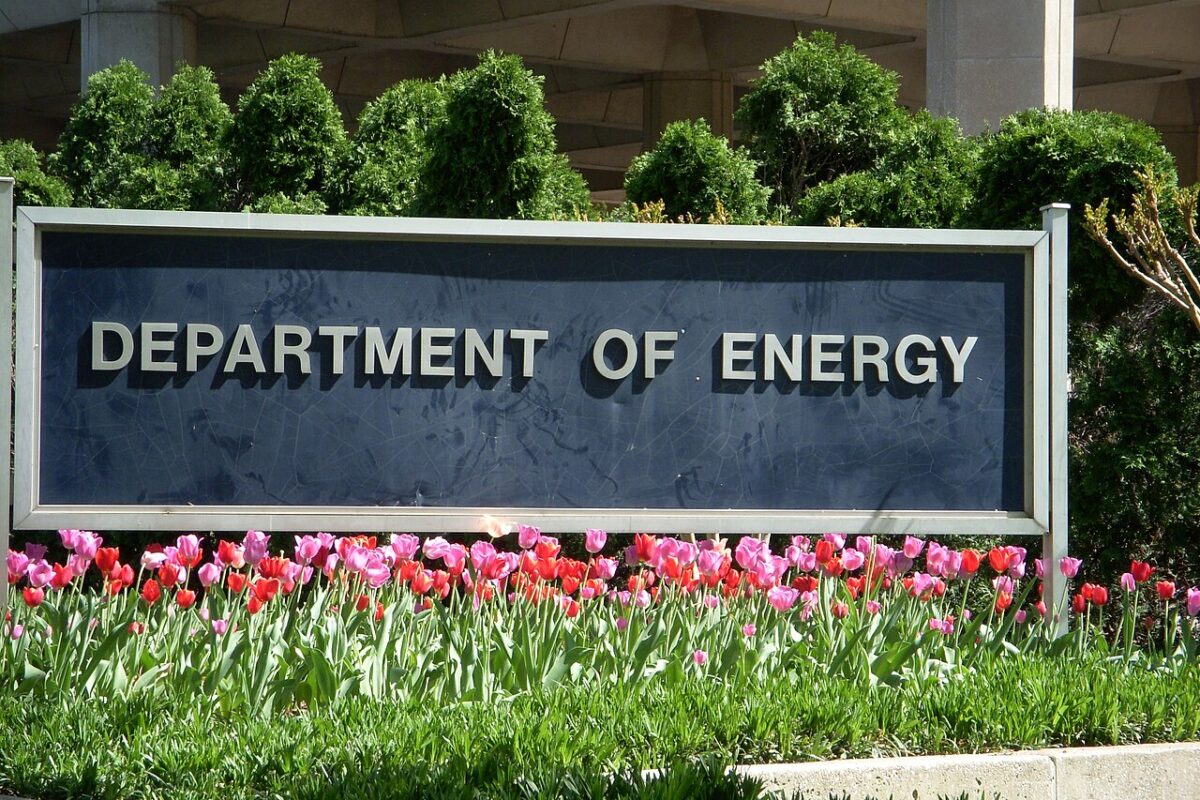

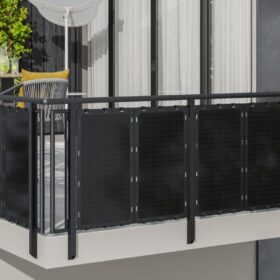
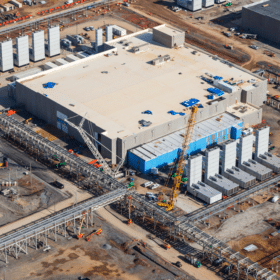
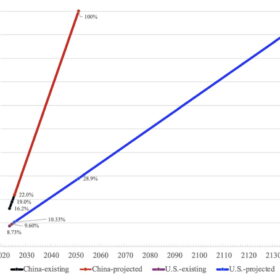
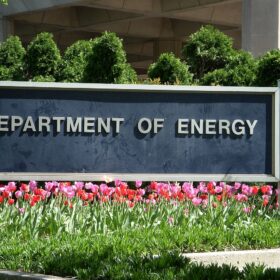
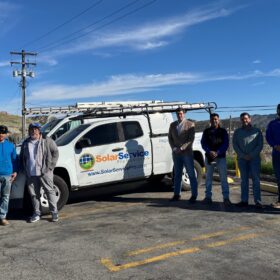
Again, I dislike the notion that only Democrats will support renewable energy, and therefore implying that all Republicans must then be in opposition to all things. By politicizing renewable energy, it is telling Republicans again and again, that they must oppose RE because it is a Democratic only “agenda” item.
There needs to be a common goal and pressure to push RE into our society, and by putting out these one sided political articles (editor…) you are diminishing / ostracizing a large potential group of supporters and failing to harness more supporters. Politicizing RE creates opposition! Keep with the big picture.
Hello DM.
We never claimed that only Democrats will support renewable energy; that is a straw man. What we have said in this case is that new Democratic majorities in the Illinois state house (and U.S. House) are expected to be far more supportive of renewable energy than the Republicans that they are replacing.
You can dislike that all you want; that doesn’t change the overwhelming evidence that this is the case. It’s not our job to pander to your political perspective. It’s our job to provide accurate information and meaningful analysis about what is going on.
When and where there are clearly pro-solar or pro-clean energy Republicans we definitely report that. But you shouldn’t mistake the attempts of SEIA and “conservative” clean energy groups to sway Republicans for what is actually going on, which is that one party is massively more supportive of a rapid transition to renewable energy than the other, particularly in the U.S. Congress and in certain states.
So I’m sorry if facts on the ground don’t support your narrative. It’s not our job to support your narrative, or SEIAs, or anyone else’s.
Lisa Madigan is a Democrat, not a Republican, please correct your article.
I have corrected the article. Thank you for informing us of this error.